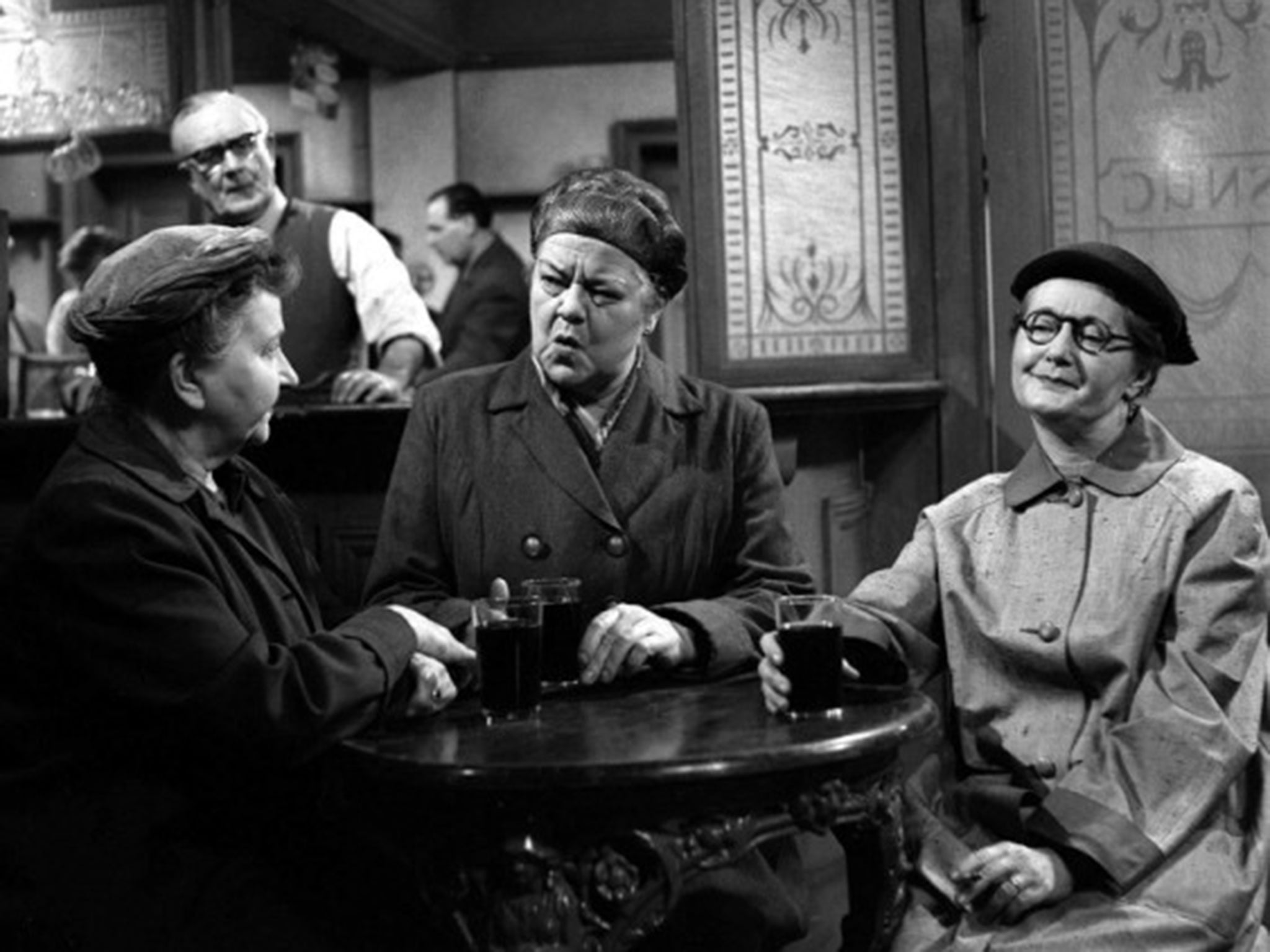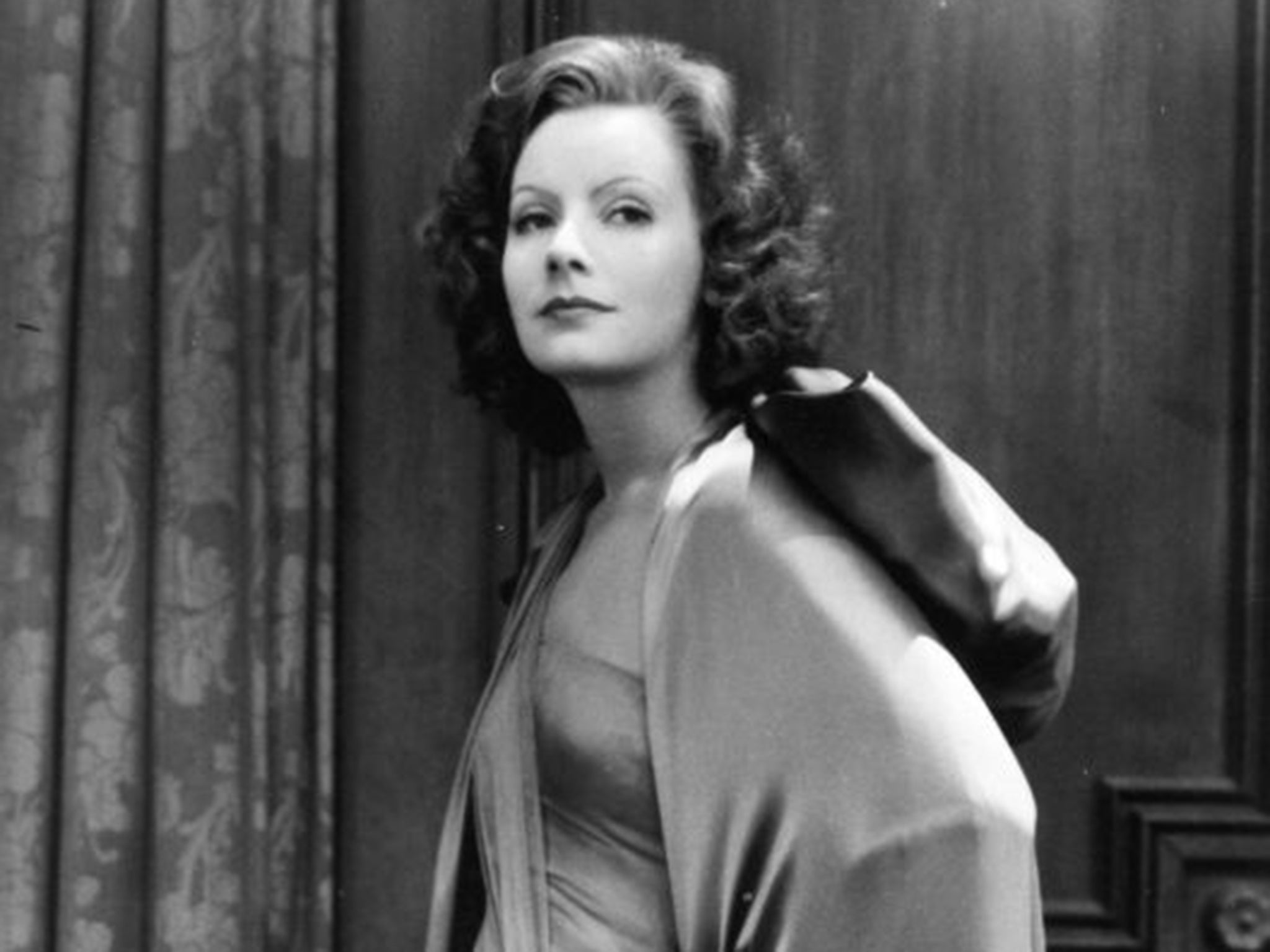Coronation Street used to depict a world that was already dying in 1960
Some of the most fascinating responses to the show’s first couple of years came from left-wing critics who detected neither realism nor a praiseworthy engagement with some of the social issues of the day but blatant tampering

It was the great Steven Morrissey who, in lamenting the kind of songs favoured by Radio 1 disc jockeys of the mid-1980s, declared “the music that they constantly play, it says nothing to me about my life”.’ In filing this complaint, the lyricist of the Smiths’ “Panic” – the original title, “Hang the DJ”, was quickly forgotten – was not only trying to annoy the BBC taste-brokers; he was also, in a roundabout way, making an important point about the dilemma which faces anyone who, having read a book or watched a film, sits down to make a judgement about it.
The Morrissey school of critics, to which I would probably admit to belonging, believes that art ought in its broadest sense to be “relevant” – that is, should reflect or project or at any rate comment on the world that the people responding to it inhabit. But there is another kind of cultural punter who goes to art not in search of edification or to be informed about his or her environment but to escape it. The denizen of an inter-war slum, according to this line of reasoning, didn’t want to go to the cinema to see films about back-street squalor with titles such as Love on the Dole – he, or she, much preferred Greta Garbo.
All of which brings us to Tony Warren, the creator of Coronation Street, who died last week at the age of 79 and a man who has some claims to be regarded as one of the sharpest popular-cultural operators of the past half-century. Having given up watching the series approximately 30 years ago, I can’t comment on its recent incarnations, but in the period when I never missed an episode – 1975-1983, say – it was the best thing on British television, a magnificently contrived half-hour of drama, comedy and communal spirit, crackling with lines of A-grade dialogue.
Certainly, the scriptwriter who came up with Elsie Tanner’s description of her mother – “She was so bandy-legged she couldn’t stop a pig in an entry” – was a genius. But what did Warren think he was doing when in 1960, as a 24-year-old, he took the idea to Granada? The memorandum placed before the station’s executives talks about exploring “the driving forces behind life in a working-class street in the north of England”, with a brief “to entertain by examining a community of this kind and initiating the viewer into the ways of the people who live there”.
The mention of a “community” and its “ways” makes the show’s premise sound very nearly anthropological – a descent into alien territory conducted by intrepid explorers who will bring useful data about the natives back to civilisation. Granada’s initial publicity material plays up this line, with its talk about “life in an ordinary street in an ordinary town”. And yet, as the social historian Dominic Sandbrook points out in his reading of the show, Corrie’s framing, its opening titles with their sepulchral music, the black-and-white shots of terraced streets, was not so much realistic as carefully contrived to chime with a prevailing contemporary mood.
This, after all, was the early 1960s, an age in which newspaper articles about social questions positively thrummed with analyses of lost regional identities and working-class communities threatened by mobility and affluence. Curiously, the artefact to which Warren’s early episodes bear the most resemblance is Richard Hoggart’s The Uses of Literacy, published only three years before. As Sandbrook observes, the anachronistic setting among local shops, cobbled streets and cosy northern sitting rooms seems almost a direct response to some of Hoggart’s warnings about the threat to working-class culture posed by the post-war consumer materialist tide, and in Ken Barlow, Warren reproduced one of Hoggart’s archetypal figures – the bright but humbly born university student caught between the community he comes from and the middle-class world to which his talents now entitle him to aspire.
Some of the most fascinating responses to the show’s first couple of years came from left-wing critics who detected neither realism nor a praiseworthy engagement with some of the social issues of the day but blatant tampering: “a lie from start to finish if it is supposed to represent any recognisable aspect of life” thought the man from the New Statesman, who also accused it of channelling the working-class solidarity of its viewers into banality and “harmlessness”. It scarcely needs saying that at this point Coronation Street’s audience, working class, middle class or anything else, amounted to 20 million.
And what did the viewers of the Macmillan era imagine that they found in it? More or less faithful representations of themselves? The chance to escape into a grandly conceptualised alternative world radically different from the one in which they reposed? A mixture of the two whose ingredients are quite beyond anyone’s power to reconstitute? No art, it might be argued, is narrowly Pavlovian, a straightforward matter of cause and effect. At the same time, the cultural battles of the early 1960s for which Coronation Street provided such compelling ammunition grind on today, rendered that much more problematic by demographic and aesthetic factors yet more complex than those facing Tony Warren and his scriptwriters.
Take, for example, that question of “relevance”, as encapsulated in Morrissey’s demand. Hardly any modern television, for example, is “relevant” in the sense of saying profoundly important things to the people watching it about the way in which their day-to-day existences are maintained. Certainly there is “issue” TV of the kind in which some titan of the soaps reveals him or herself to be gay, has an abortion or suffers from a much-publicised disease, but the continuous small-screen representation of an “ordinary” community living a modest and sensation-free life barely exists.

And why, one type of pundit will enquire, should it exist? For television, surely, exists to entertain, and its viewers would much sooner see a chartered accountant commit adultery or stab his wife with a fork over the supper table than solve a particularly knotty tax problem. Worse even than this is the suspicion that class-based communal life of the sort that the original Coronation Street tried (and apparently failed) to reproduce is beyond the artist’s power to recreate, rendered incomprehensible by a series of social and economic factors that he or she struggles to understand.
The critics of the 1840s who came fresh to Dickens’ early books praised them for the faithfulness of their approach to a certain kind of newly emerging lower-middle-class life – this at a time when society was still narrowly stratified and the adjective “middle-class” had a relatively precise meaning. As with Coronation Street’s original brief, there is a strong whiff of anthropology. A hundred and eighty years later “middle-class” has as many definitions as “liberal” and a writer who announced that he was at work on a study of “middle-class life”, in the manner of a Victorian novelist, could offer up a thousand different situations and groups of characters without being false to his original concept.
The consequence of this long process of fragmentation is that nearly all the old social categories that were so useful to artist and politician alike have very little present-day meaning. There are no working-class communities any more, in the way that Marx and Engels, or even Hoggart, defined them; there is only particularity. You or I may describe ourselves as “middle-class” but that need not mean we have the faintest connection to the people who live next door to us.
If Coronation Street was false to its founding remit, then how much more false is it 56 years later? None of which in the least obscures my regret at its creator’s passing.
Join our commenting forum
Join thought-provoking conversations, follow other Independent readers and see their replies
0Comments